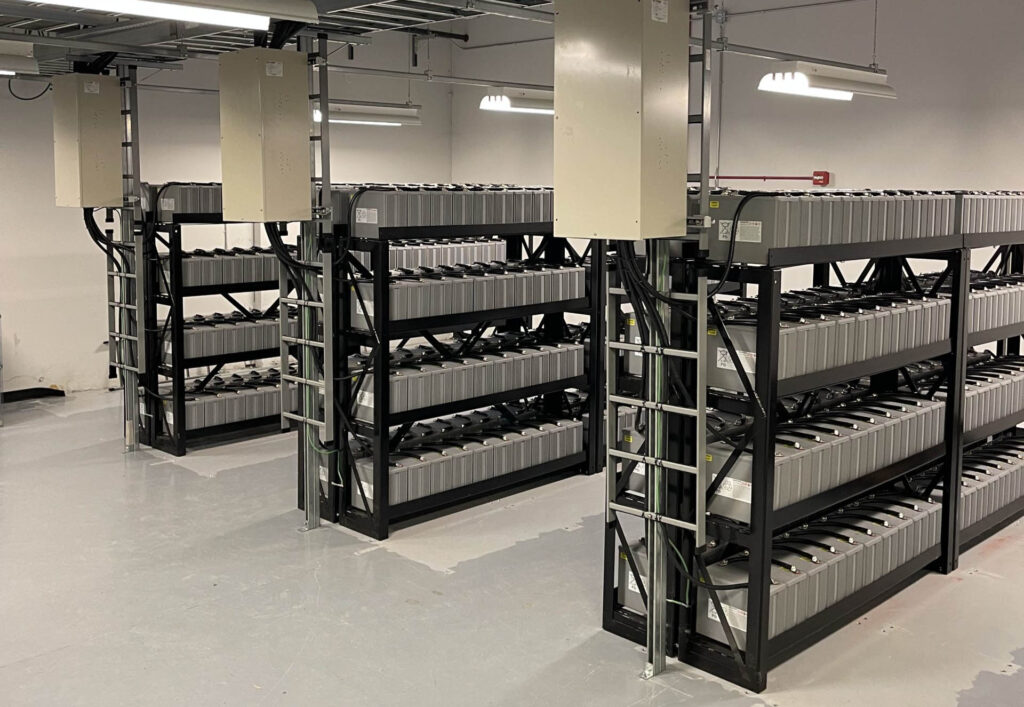Using lead-acid batteries in hot weather requires special considerations to ensure safety, longevity, and optimal performance. Here are some tips to help manage lead-acid batteries in hot climates.
- Keep Batteries Cool:
- Store and operate batteries in a cool, shaded environment to prevent overheating.
- Use ventilation or cooling systems if possible to maintain a lower ambient temperature.
- Regular Maintenance:
- Check electrolyte levels frequently, as water evaporation rates increase in hot weather.
- Top up with distilled water as needed to keep the electrolyte at the correct level.
- Clean battery terminals and connections to prevent corrosion, which can be exacerbated by heat.
- Charge Management:
- Avoid overcharging, as it can cause excessive heat and reduce battery life. Use a temperature-compensated charger if available.
- Monitor charging voltage and adjust it according to the temperature; lower the charging voltage slightly in hot weather.
- Use Appropriate Battery Types:
- Consider using deep-cycle lead-acid batteries designed to handle higher temperatures if the battery will be used in a hot environment regularly.
- Reduce Load:
- Minimize the load on the battery during peak heat periods to prevent excessive heating and stress on the battery.
- Regular Inspections:
- Inspect the battery casing for any signs of bulging, cracks, or leaks, which can indicate heat damage.
- Replace any batteries showing signs of damage promptly.
- Storage Tips:
- If storing batteries for an extended period in a hot climate, ensure they are fully charged and kept in a cool, dry place.
- Avoid storing batteries directly on concrete floors; use a wooden pallet or other insulator.
- Use of Insulating Materials:
- Use battery insulation kits or thermal blankets to protect batteries from extreme temperature fluctuations.
By following these guidelines, you can help ensure that your lead-acid batteries perform well and have a longer lifespan even in hot weather conditions.


